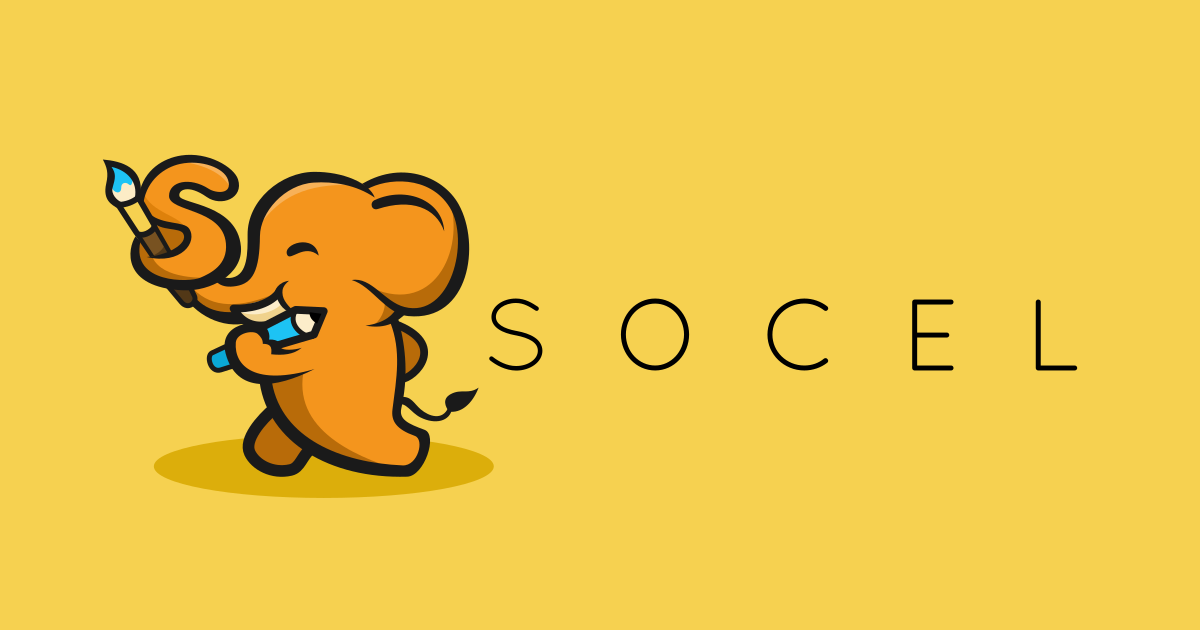Bothwell on the negotiations over the Alaska border at the turn of the 20th century:
Now, the difference between Theodore Roosevelt, the president, and Donald Trump, is that Roosevelt was really smart, and he was very well-educated, he liked the British, he had actually worked in Canada, he knew Canada, he admired what had happened in the War of 1812 -- he was basically a rather fair man even if he had an excitable temperament. So he said, "Well, you try this, and I'll send troops." And the British had a stroke, and said, "No, no, no, we'll arbitrate it!", and Roosevelt said, "That's fine, as long as I win the arbitration." So they went through this charade in London [the Alaska Boundary Tribunal, created by the Hay-Herbert Treaty spearheaded by Roosevelt and Henry Cabot Lodge] and the arbitration decided in favour of the United States. But in my opinion, the Americans had the better claim, and [Canadian PM Wilfrid] Laurier was just hopeless.
So it's an interesting event, because Roosevelt settled it, because he actually did not want war, he didn't want a confrontation, he didn't really want bad relations... he just thought "Well, hell, the Canadians are trying to put one over on us" -- Trump uses that language, but this is the only case where it actually applies.
And Laurier very soon forgot about it, and by 1908 Laurier was ready to tie up all the Canadian-American differences that had occurred, in a series of agreements in that date. Now ironically, this is because of the maturity and the intelligence of Roosevelt's Secretary of State [Elihu Root]. Roosevelt had an outstanding cabinet. And this guy said, "Hey, wait a minute, we don't really know the Canadians, we deal with the Brits. I'm going to catch the train to Ottawa." And so he shows up for what's announced to be a "social visit". And in Ottawa, he starts negotiating with the Canadians, and saying, "you know, we've got X, Y, Z, A, B, C differences along our 3,000-mile border, so why don't we just put them all in a package, and we'll make an agreement?" And so that's a series of agreements, compromises, very reasonable, all of them, between the United States -- via Great Britain, which still owned Canada, and the United States -- but really it's between the United States and Canada, because we were the other end of the negotiation. The Secretary of State called it "cleaning the slate", and it was perfect, it really worked very well, and for the last 120 years, it's just been accepted. ...



















